CECE Project, Amsterdam, Niederlande
Project CECE is an online platform for buying sustainable and fair fashion, offering access to selected brands…
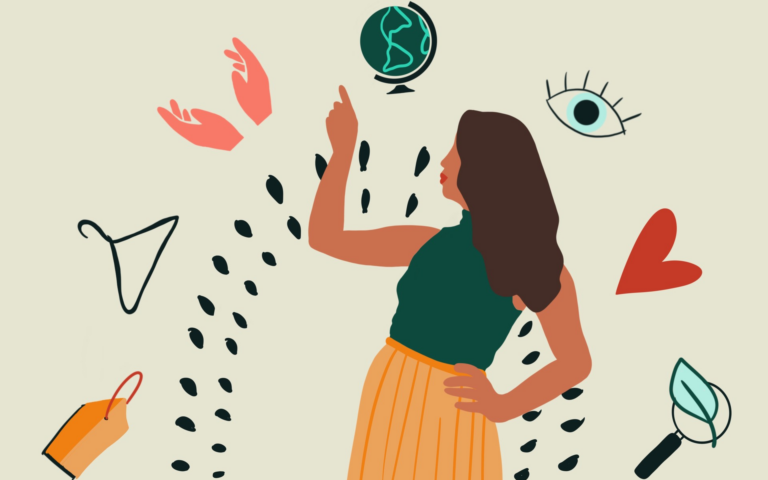
Project CECE is an online platform for buying sustainable and fair fashion, offering access to selected brands…
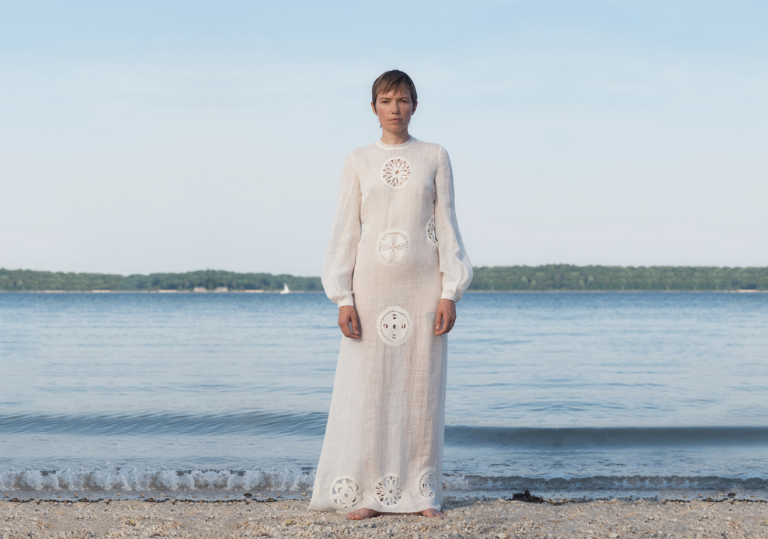
“It’s as simple as – we just need to change our habits”. Gabriela Hearst is a New…

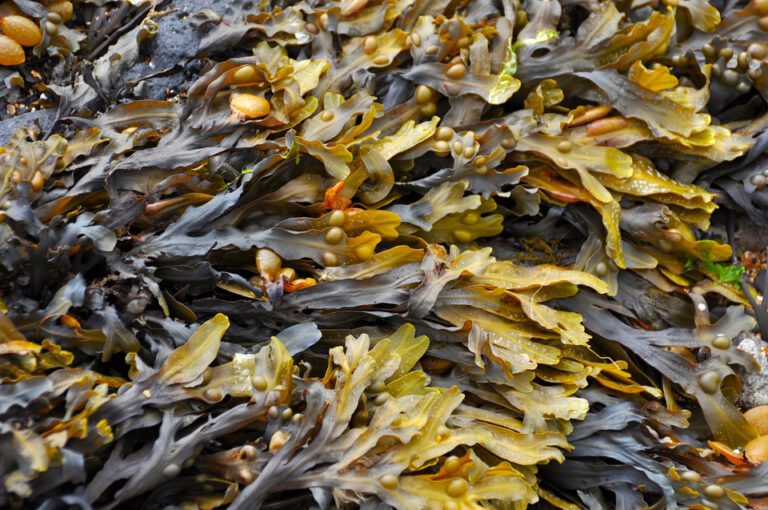

In order to achieve environmentally friendly circular value creation processes in the clothing sector, we need to…
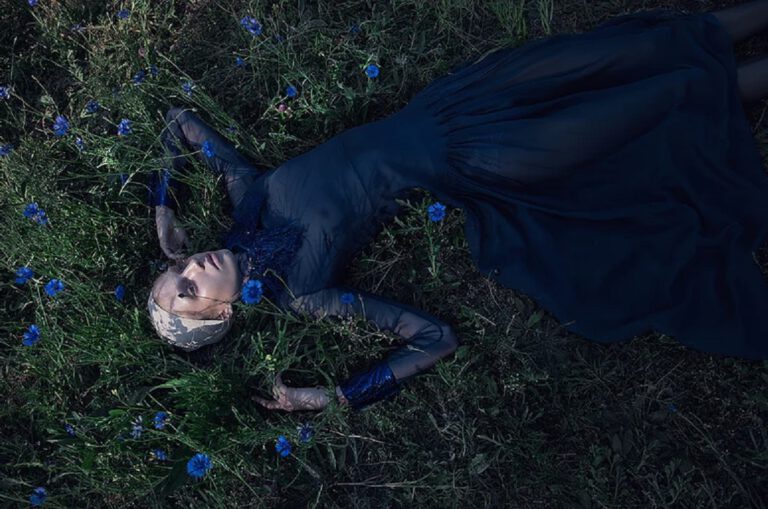
Danny Reinke is a fashion brand, which combines craftmanship and local production in our hometown Berlin. We…

For some time now, cactus leather from the company ADRIANO DI MARTI and its product desserto from…

MYKITA sets standards for sustainable urban production in the fashion industry with its modern manufactory. The Berlin…
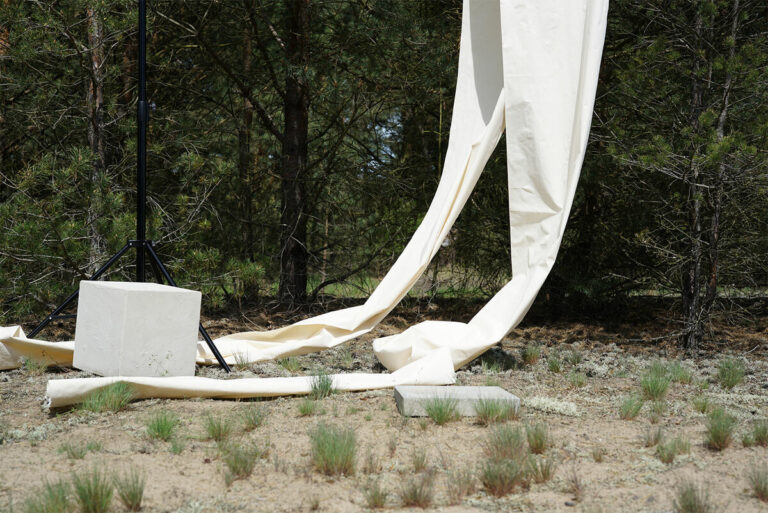
Trippen, the sustainble internationally renowned avant-garde shoe brand from Berlin, was founded three decades ago. We are…
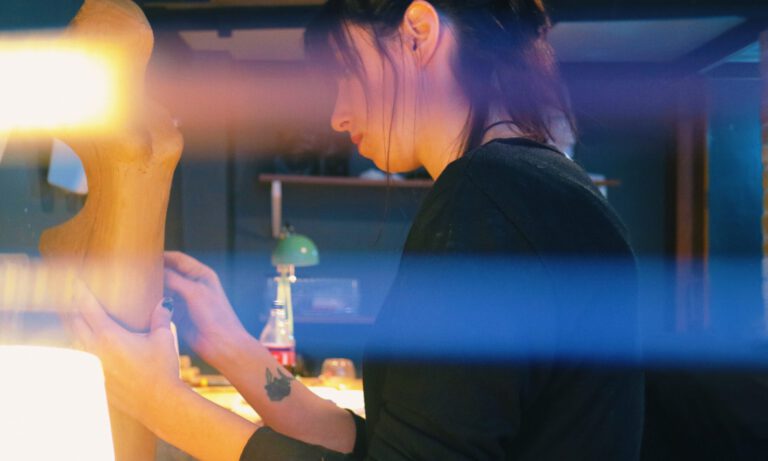
We have already looked at sourcing raw materials for the garment industry from a city’s waste. Cities…